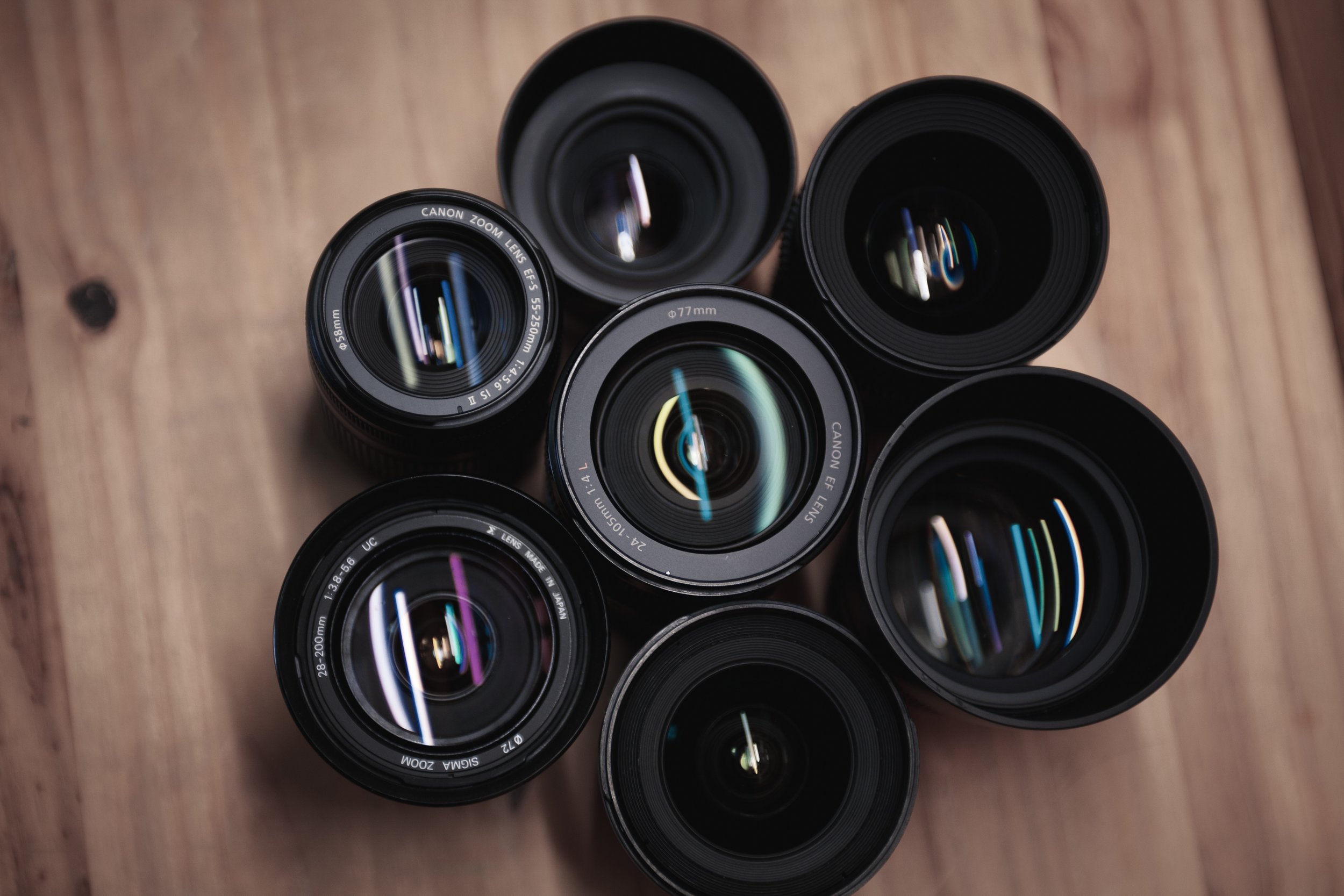15 Channel Center Street
Boston, MA, 02210
6172215361
Unlock your camera's potential
Your Custom Text Here
Your Custom Text Here

Photo by Kevin Bhagat

Photo by Vladimir Kondratyev

Photo by Iswanto Arif

Photo by Hunter Moranville